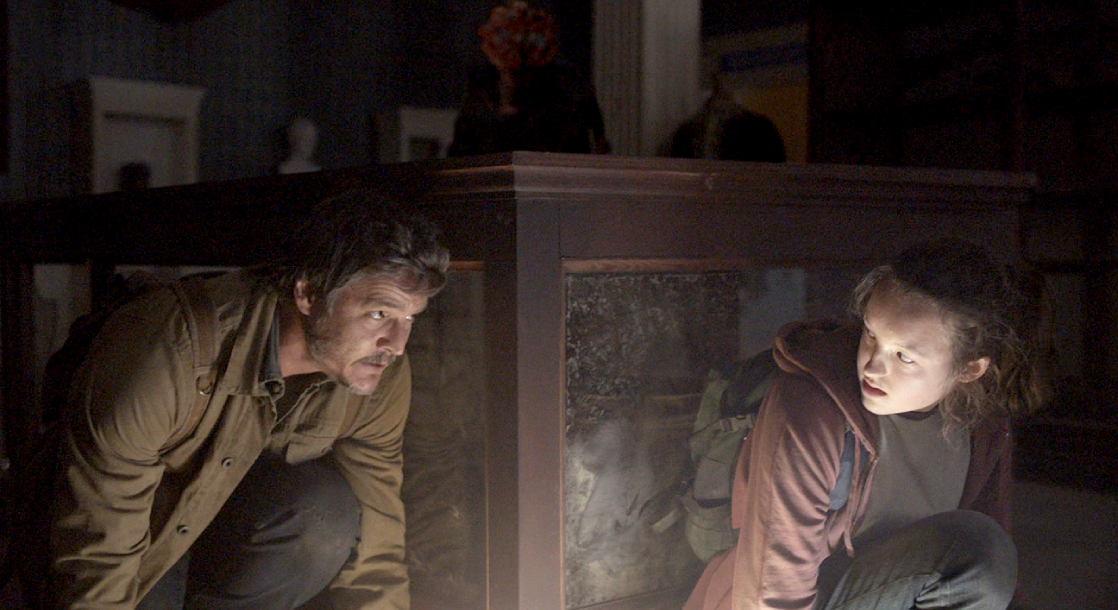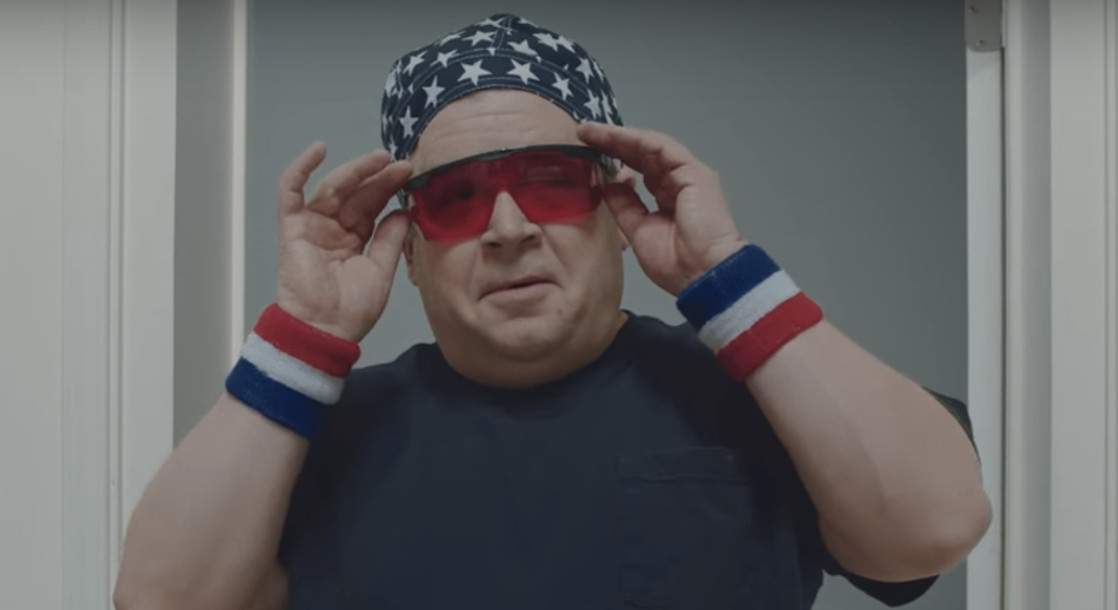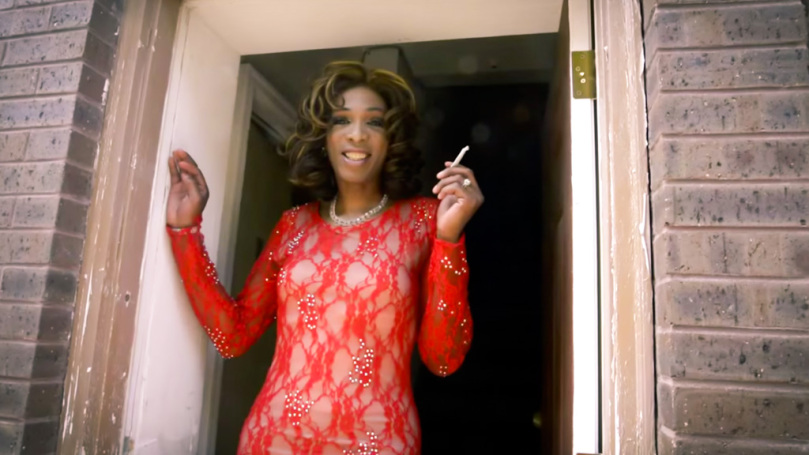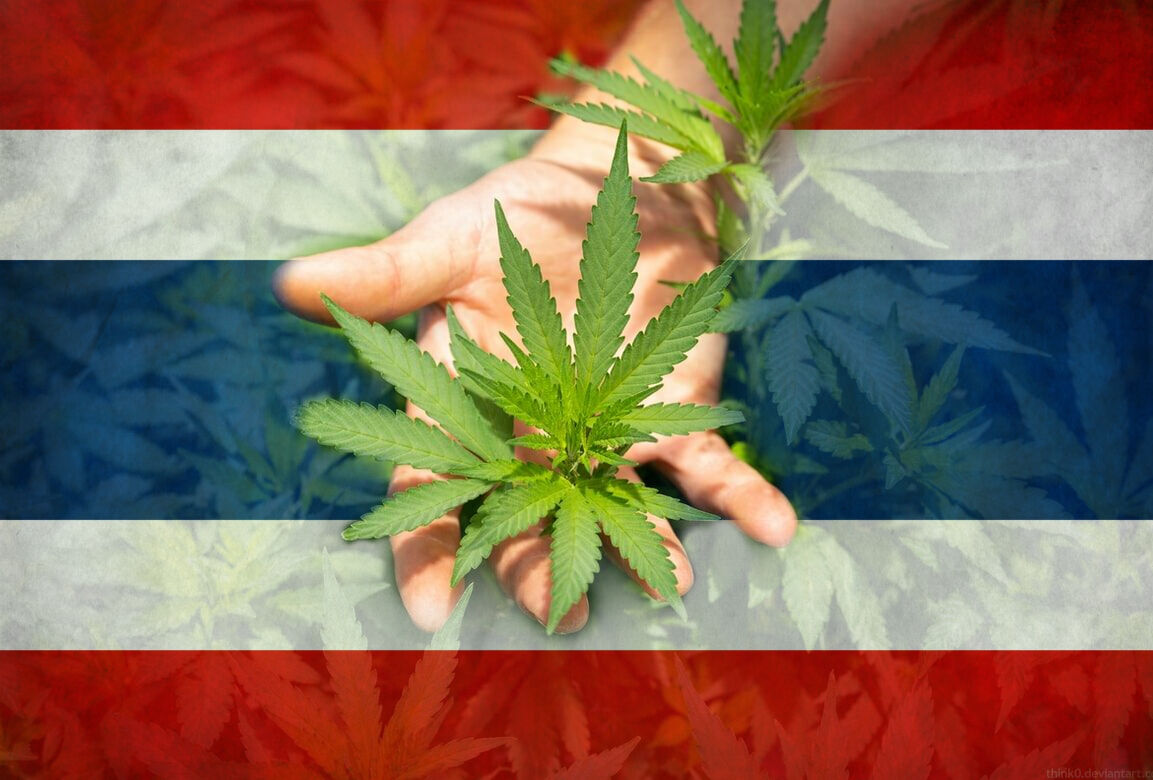The mushroom-infected “zombies” in the blockbuster new series The Last Of Us were partly inspired by a real experience with psilocybin shrooms.
HBO’s hit new show depicts a bleak post-apocalyptic future in which a fungal pandemic has decimated the human race. The few remaining survivors are left to contend with hordes of people who have been infected with a mutated version of the Cordyceps fungus. These mutant shrooms take over the brains of their victims, turning them into zombie-like cannibals whose only goal is to spread the infection to other humans.
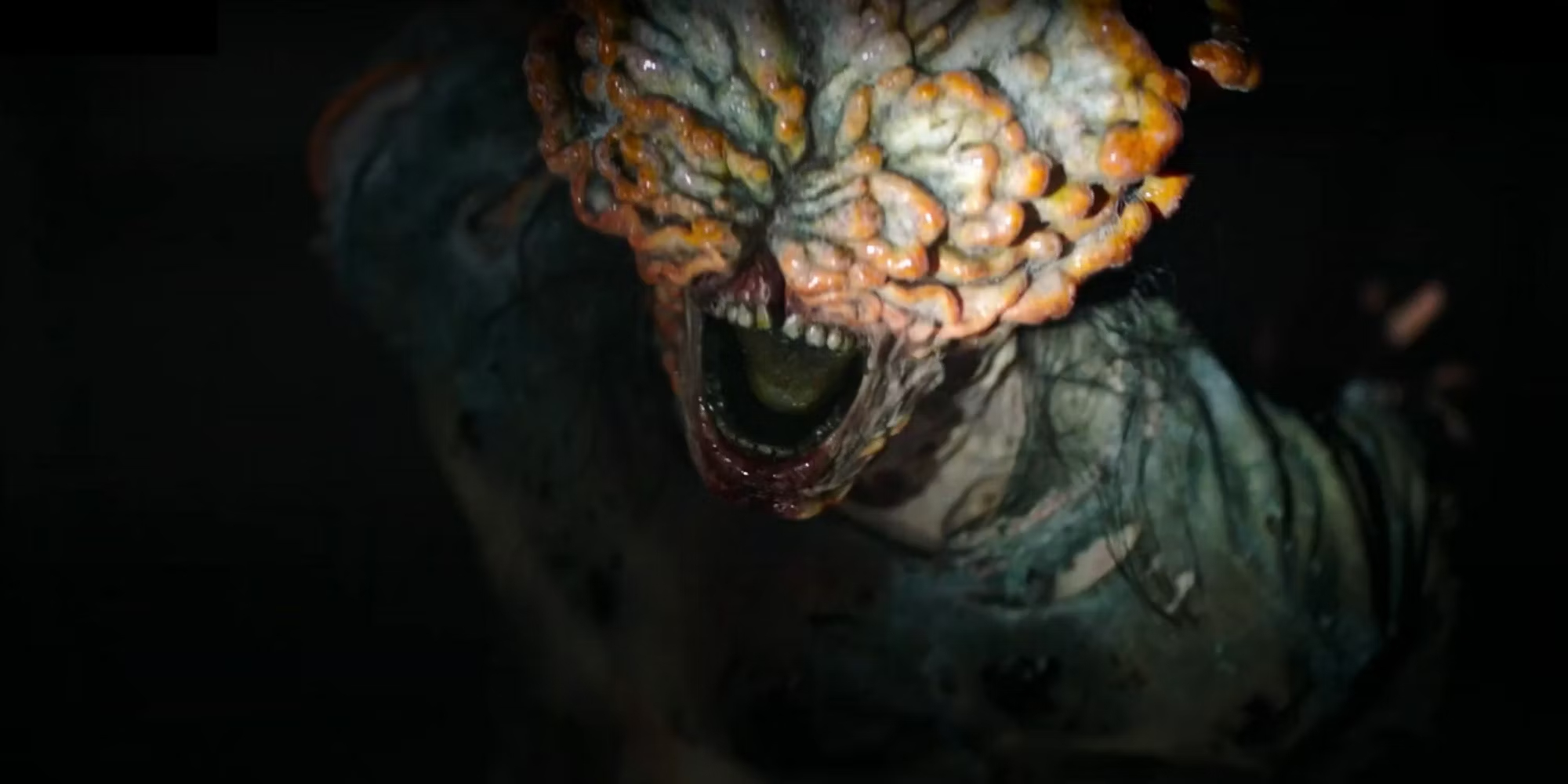
The Last Of Us is based on a top-selling Playstation game of the same name that was originally released in 2013. Since then, the game has spawned multiple iterations and tributes, including comic book series, spinoffs, and of course, the new TV series. But although the show’s origins are grounded in the digital game universe, one key member of the production team turned to the real world for inspiration. And specifically, to mushrooms.
Terry Notary, the choreographer who coached the actors who played the infected, recently told Inverse that his experience with psilocybin shrooms helped him break free from tired zombie-movie tropes. Notary was already well-versed in doing deep research dives to prepare for his role as a movement coach for a wide variety of popular films and TV series. When he was working on the Planet of the Apes reboot, he studied the behavior of apes, and when he worked on Avatar, he researched tribal cultures.
Weirdly enough, the basic premise of the show and game is real. Cordyceps fungi can take over the brains of insects and essentially transform them into shroom-controlled zombies. But since these fungi can’t take over human brains in the real world, Notary was unable to study real-life examples of mushroom-infected humans. So instead, he looked to psilocybin mushrooms for a novel source of inspiration.
“I tried mushrooms before I did this, to see what it felt like,” said Notary to Inverse. “I felt like ‘Whoa, this isn’t making me feel stupid. This is making me feel really intelligent. Holy shit. This is otherworldly.’ It was a big influence on the approach. These aren’t mindless creatures. These are expanded, like really aware creatures. I tried the science and learned from it and applied it.”
“Cordyceps have this intelligence that was connecting them all together, they weren’t all just a bunch of random zombies running around as individuals in America,” he added. “The more they become infected, the more the two-dimensional self-conscious person starts to become aware and connected to… all the other Infected, so you get more and more transcendence. That just became scary because you’re not losing anything by becoming infected. You’re actually gaining intelligence.”
Anyone who has ever tripped on shrooms before will likely be able to relate to these feelings of transcendence and interconnectedness. Time and time again, researchers have found that psilocybin and other psychedelics boost empathy, increase neuroplasticity, and inspire feelings of connectedness with humans, animals and nature. Many researchers now believe that these peak experiences help explain how psilocybin can treat anxiety and depression so effectively.
And in another weird parallel to the show, taking shrooms can actually cause new growth inside the brain. But in this case, it’s not the mushrooms themselves that are growing. Instead, researchers have found that psilocybin can cause the brain to regrow long-lasting neural connections that have been damaged by depression or stress.


